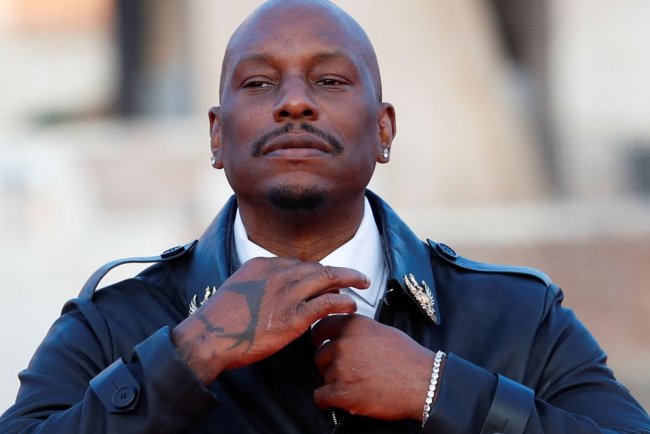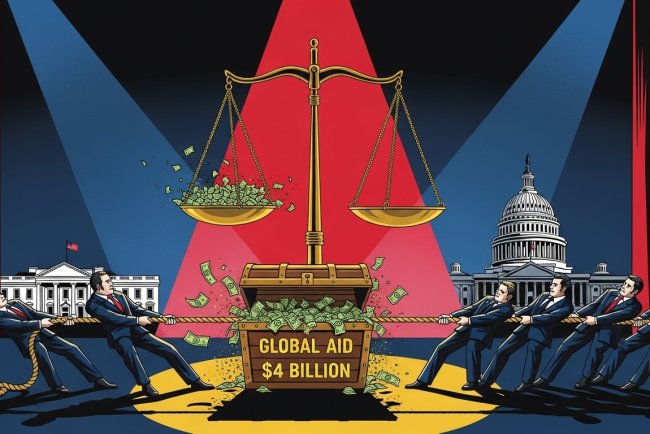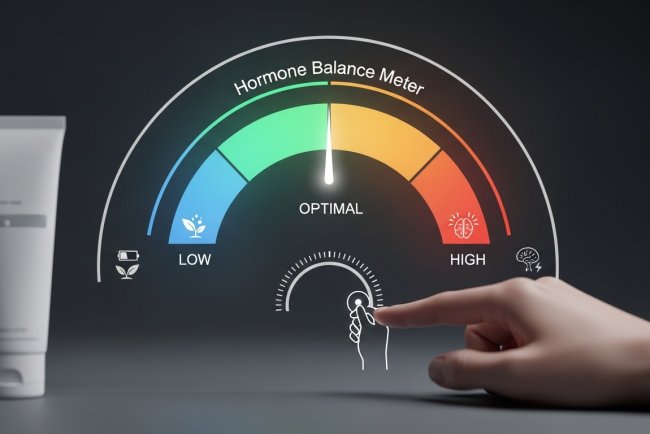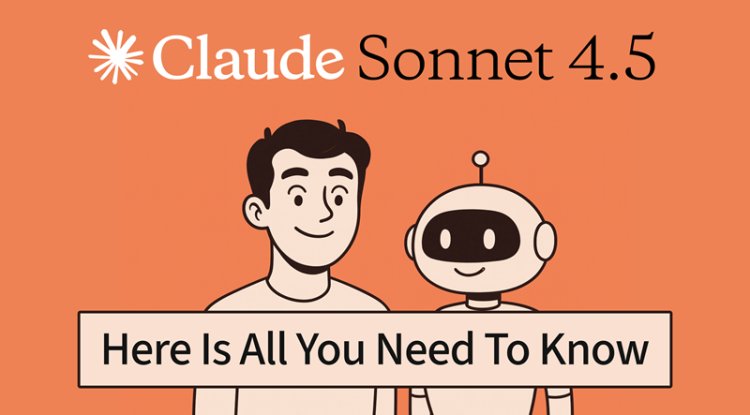Europe's First AI Music Trial-GEMA vs. OpenAI
Dive into Europe's first AI music trial: GEMA vs. OpenAI. Understand the copyright clash over training data and what it means for the future of your music
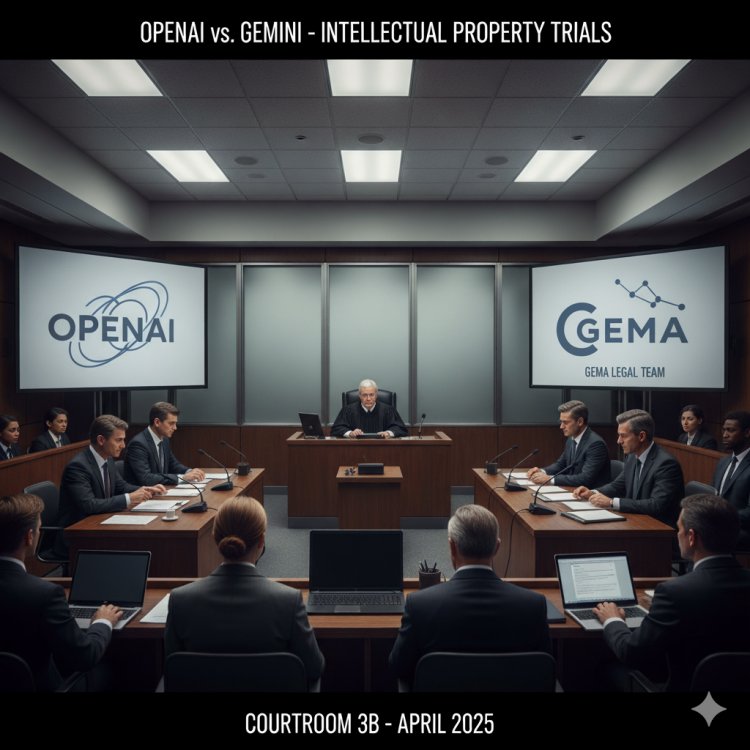
The world of AI is moving super fast, and it can be very confusing. You hear about AI making art, writing stories, and even creating music. But then you start to wonder... is it using stuff from real artists to learn? And are those artists getting paid?
That's the huge question at the heart of Europe's First AI Music Trial. This landmark case, which kicked off in September 2025, could completely change the rules for AI and the music we love. We're going to break down exactly what's happening in simple terms, so you know what's at stake.
First Things First: What's This Big AI Lawsuit All About?
Okay, so on one side, you have OpenAI, the company that made the famous ChatGPT. On the other side, you have a group called GEMA.
Think of GEMA like a superhero team for over 95,000 songwriters and music publishers in Germany. Their main job is to make sure that when someone uses their members' music, the creators get paid for their hard work.
In this case, GEMA is suing OpenAI. They claim that OpenAI used lyrics from their massive music catalog to train its AI models without asking for permission and without paying a dime. It's like an AI went to the library, photocopied thousands of books to learn from them, but never actually paid the authors for their work.
Breaking Down the GEMA vs. OpenAI Case
This isn't just any small disagreement; it's a huge deal that could set a legal precedent across all of Europe. Here are the key things you need to know:
- The Main Accusation: GEMA says OpenAI broke copyright rules in two ways. First, by copying the lyrics to feed them to the AI (this is called "reproduction rights"). Second, when the AI spits out similar lyrics in response to a user's prompt (called "making available" rights).
- Why It's a Landmark Case: The court's decision will likely answer a very important question: Do AI companies have to pay to use creative works like songs, books, and art for training? A 'yes' would be a game-changer.
- Europe's Rules are Different: In the U.S., there's a concept called "fair use" that can sometimes allow for this kind of thing. But European law is stricter. It gives creators the right to "opt out" of their work being used for AI training. GEMA did exactly that, basically putting up a big sign that said, "You need a license to use our stuff."
It's Not Just OpenAI: What Else is Happening?
This GEMA vs. OpenAI trial is the main event, but there's a lot more going on in the background. It shows just how big this conversation about AI and music has become.
Step 1: More Lawsuits are Popping Up
GEMA isn't stopping with OpenAI. They've also filed a similar lawsuit against Suno, an AI tool that generates music. GEMA claims that Suno's AI creates songs that sound way too similar to famous hits from the 80s and 90s, which is another big copyright problem.
Step 2: Some Are Making Friends, Not War
But it's not all fighting! In a really cool development, the Swedish music rights group STIM signed a world-first deal with an AI music company called Songfox in September 2025. This agreement creates a way to pay artists when the AI uses their work. It proves that tech companies and creators can work together.
Step 3: The EU Has a New Rulebook
Europe's government also stepped in with the EU AI Act, which became official in August 2025. Think of it as a new set of rules for AI. It forces AI companies to be more transparent and tell everyone what content they used for training. However, many creative groups feel the Act doesn't do enough to truly protect artists from having their work used without permission.
A Very Important Note: What GEMA Really Wants
It's easy to think GEMA wants to stop AI in its tracks, but that's not the whole story. They aren't against technology; they want things to be fair for the creators who make the music we all enjoy.
They have actually proposed a solution: a licensing model. This would allow AI companies to legally use copyrighted songs for training in exchange for a fee. That money would then go back to the songwriters and publishers. It's a simple idea—if you benefit from someone's work, they should get a piece of the pie.
The Bottom Line
So, there you have it. Europe's first AI music trial is much more than just a legal battle; it's a defining moment for the future of creativity. The outcome will decide how artists are compensated in the age of AI and shape the music industry for years to come.
It's a super interesting time for both tech and music, and we'll all be watching to see how it plays out. Give your favorite artist a stream and show them some love!
What's Your Reaction?








